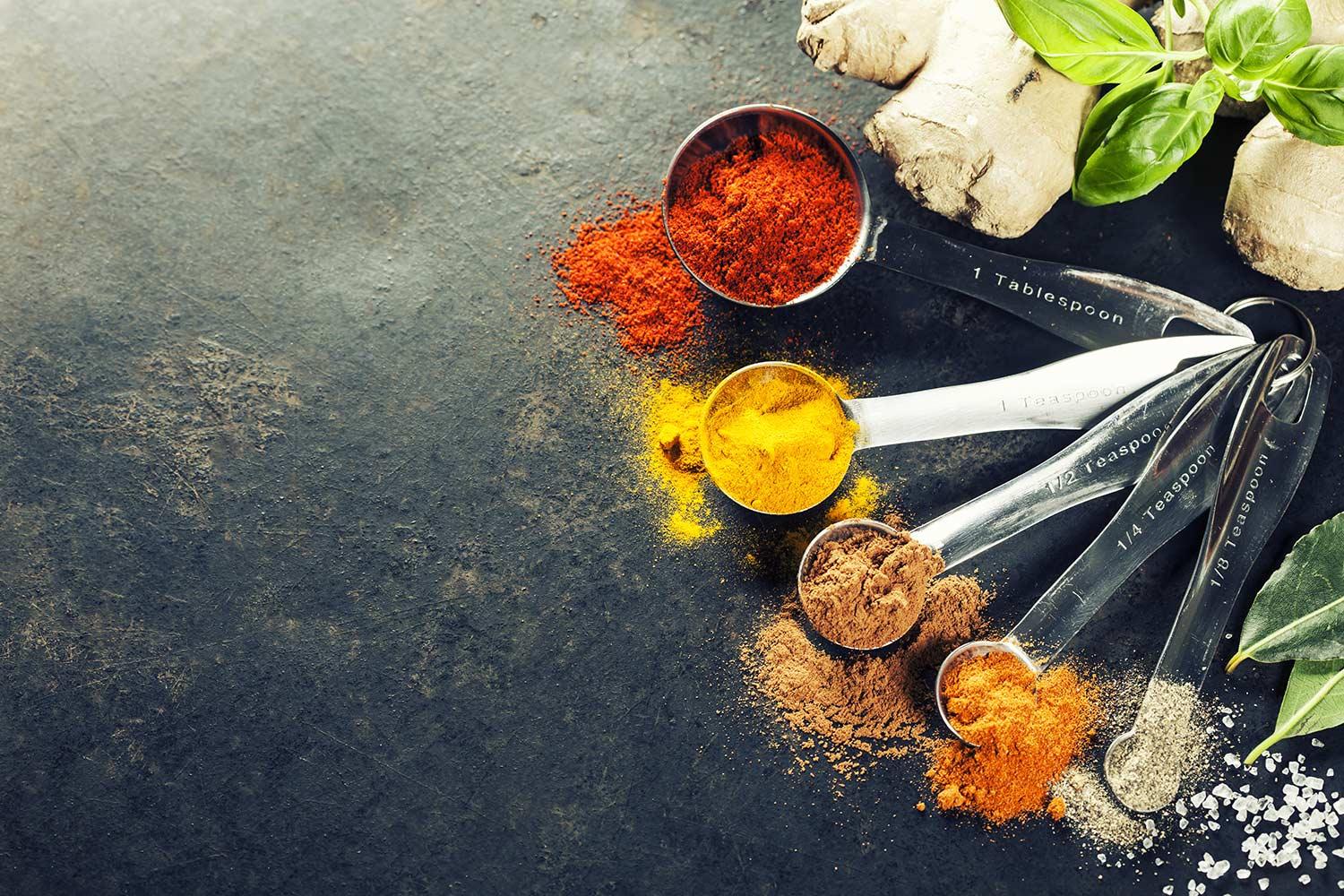
Diabetes Awareness Month
November 2019
Diabetes
Know Your Risks
There are several risk factors for the different types of diabetes including prediabetes, type 2 diabetes and type 1 diabetes, according to the CDC.
Pre-diabetes – You’re at risk for developing prediabetes if you:
• Are overweight
• Are 45 years or older
• Have a parent, brother or sister with type 2 diabetes
• Are physically active less than three times a week
• Have had gestational diabetes or gave birth to a baby weighing more than nine pounds
• Are African American, Hispanic/Latino American, American Indian or Alaska Native
Type 2 Diabetes – Those at risk:
• Have prediabetes
• Are overweight
• Are 45 years or older
• Have a parent, brother or sister with type 2 diabetes
• Are physically active less than three times a week
• Have had gestational diabetes or gave birth to a baby weighing more than nine pounds
• Are African American, Hispanic/Latino American, American Indian or Alaska Native
Type 1 Diabetes – Risk factors are not as clear as for prediabetes and type 2 diabetes and instead include:
• Family history, having a parent, brother or sister with type 1 diabetes
• Age, it’s more likely to develop type 1 diabetes when you’re a child or young adult
How can we help ourselves and others? Commit to a healthier Lifestyle
- Losing weight is a key preventative measure. Encourage people to make small changes, like taking the stairs instead of the elevator
- Talk to people in your community about getting regular check-ups
- Instead of a cookie trays at work, bring foods that include fiber (fruits, vegetables, beans, whole grains and nuts)
- Drink more water. Dehydration keeps your body from functioning well.
- Get enough sleep. Insomnia and poor sleep quality increases the risk if diabetes and obesity. After noon avoid caffeine.
- Manage Stress. Intense stress releases hormones that increase blood sugar and can lead to diabetes.
- Stop smoking. Smokers are 50% more likely to develop diabetes
- Visit your primary care physician annually and get a biometric screening to be sure you know your numbers
Pumpkin Tahini Soup
1 clove garlic
1 can of pumpkin puree
1/4 cup tahini
1 cup water
1 tsp curry powder
4 cups kale
4 slices bread (whole-grain or gluten-free)
Optional
Salt & pepper to taste
1 tbsp + 1 tsp olive oil
Peel and mince the garlic. Add it to a pan with the pumpkin, tahini, water and curry. Mix and heat until warm. Season with salt and pepper to taste.
Wash the kale and chop it into bite-sized pieces. Heat the kale until wilted, either in the microwave or just briefly in a hot pan. Season it with salt and pepper to taste, if desired.
Pour the soup into a bowl. Add the wilted kale in the middle. Sprinkle fresh black pepper on top and a drizzle of sesame oil or high quality olive oil, if desired. Serve with a side of toast.
You may use fresh pumpkin for this recipe. Substitute ½ of a sugar pumpkin per 1 can of pureed pumpkin. Cut the pumpkin in half and remove the seeds. Roast in the oven at 350F until it can be easily punctured with a fork. Scoop the flesh out from the skin and mash.
7 Scientifically Proven Benefits to Gratitude
As we naturally think about gratitude at the Thanksgiving Holiday it is great to know all the benefits!
1 - Gratitude opens the door to more relationships
2 - Gratitude improves physical health
3 - Gratitude improves psychological health
4 - Gratitude enhances empathy and reduces aggression
5 - Grateful people sleep better
6 - Gratitude improves self-esteem
7 - Gratitude increases mental strength
To learn more about why visit Psychology Today
“The greatest wealth is health.” – Virgil
Email: noce@smolaconsulting.com
Website: www.smolaconsulting.com
Location: 1 South Washington Street, Rochester, NY, USA
Phone: 5857774080



